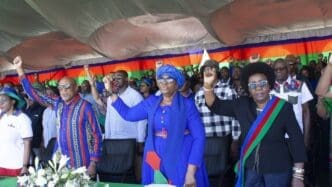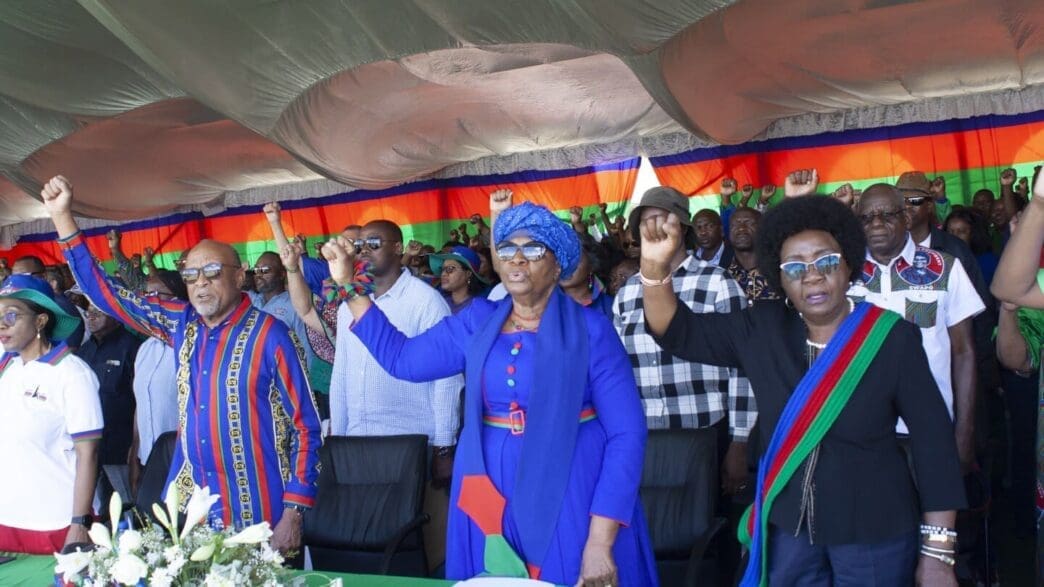Namibia stands on the brink of a historic election as Netumbo Nandi-Ndaitwah, the Vice President, emerges as a leading contender to become the country’s first female president. With the elections scheduled for Wednesday, November 27, 2024, the possibility of a significant shift in the nation’s political landscape looms large.
Approximately 1.4 million Namibian citizens, making up nearly half of the population, have registered to vote in a contest featuring 15 political parties vying for the presidency and seats in the National Assembly. The South West Africa People’s Organization (SWAPO), led by Nandi-Ndaitwah, currently holds a leading position, according to early polls conducted for Namibia’s foreign missions, seamen, and security services. SWAPO has maintained governance since the country’s independence in 1990, though it recently lost its two-thirds majority in the National Assembly, attributed partly to corruption scandals in the fishing industry.
Henning Melber, a political analyst and professor, has highlighted that SWAPO and Nandi-Ndaitwah face the challenge of attracting younger voters who lack a connection to the party’s liberation history. This generational shift reflects a broader trend affecting other former liberation movements, including South Africa’s African National Congress. Melber commented on the diminishing legitimacy of such movements, emphasizing the electorate’s increasing focus on governance and delivery rather than historical ties.
Nandi-Ndaitwah, at age 72, has pledged to address pressing issues like job creation, promising to invest around 85 billion Namibian dollars over the next five years to generate over half a million jobs. Critics, however, have questioned the feasibility of these plans. The elections will also bring attention to vital concerns such as women’s rights, including reproductive rights and equitable pay.
Erika Thomas, a political science lecturer, underlined the necessity for Nandi-Ndaitwah to demonstrate independence, transparency, and accountability if elected. Thomas urged that more women should be integrated into political structures and that Nandi-Ndaitwah should champion policies that foster female participation.
This electoral event follows a pattern of political transformation seen across southern Africa. Notable changes include South Africa’s ANC losing its parliamentary majority and Botswana’s Democratic Party being unseated after decades in power. The results in Namibia could echo these regional shifts, further redefining political dynamics within the continent.
As the voting day approaches, all eyes are on Namibia’s political future. Whether Nandi-Ndaitwah will secure her place in history as the nation’s first female president remains to be seen. This election is more than a test of SWAPO’s long-standing dominance; it is a reflection of broader democratic shifts within the region.
Source: APNews








